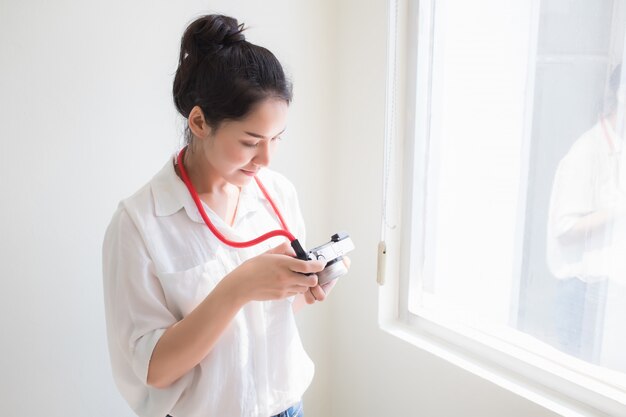How to Become a Mobile Phlebotomist: Educational Pathways and Certifications
Becoming a mobile phlebotomist is a promising career choice for those interested in both healthcare and flexibility. Embarking on this path involves specialized education and training, focusing on the skills required for blood collection and patient interaction. While some states simply require a high school diploma and phlebotomy certification, obtaining a formal education in phlebotomy or even completing an associate's degree in a related field can significantly enhance your qualifications and employability. Phlebotomy training programs are designed to equip individuals with hands-on experience, covering crucial topics such as blood collection techniques, safety protocols, and patient care.
Certification is a pivotal step in this career, often mandated by employers to ensure proficiency and adherence to industry standards. Although the requirements can vary by location, most employers look for nationally recognized certifications from bodies like the National Healthcareer Association (NHA) or the American Society for Clinical Pathology (ASCP). Additionally, securing the necessary license in your state can further establish your credibility and readiness as a mobile phlebotomist. Pursuing these educational paths and certifications not only builds a solid foundation for your career but also opens doors to advanced opportunities in the healthcare field.
Key Qualifications for Aspiring Mobile Phlebotomists
- 🎓 High School Diploma or GED
- 📜 Phlebotomy Certification from NHA, ASCP, or equivalent
- 🏫 Formal Phlebotomy Training Program
- 🎓 Associate Degree in a Health-Related Field (optional but beneficial)
- 🏷️ State Phlebotomy License (varies by location)
These qualifications will set you on the path to becoming a proficient mobile phlebotomist, ready to provide exceptional care and service.
